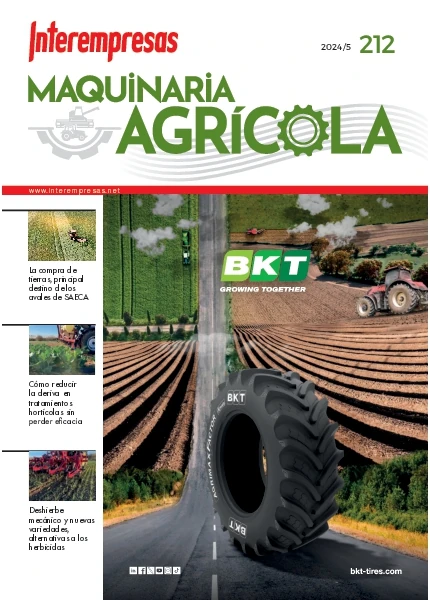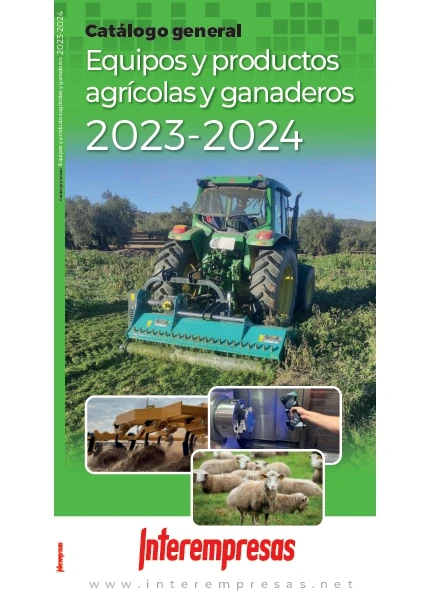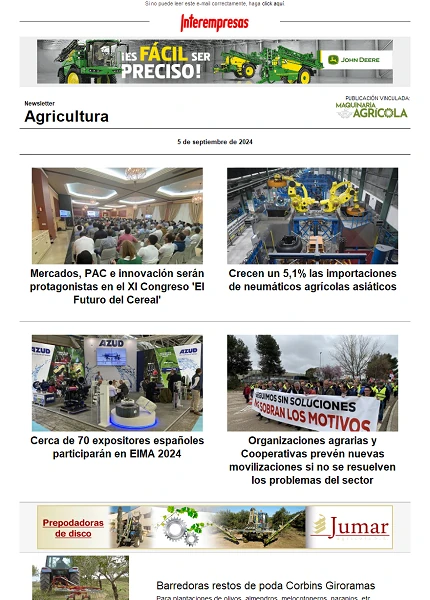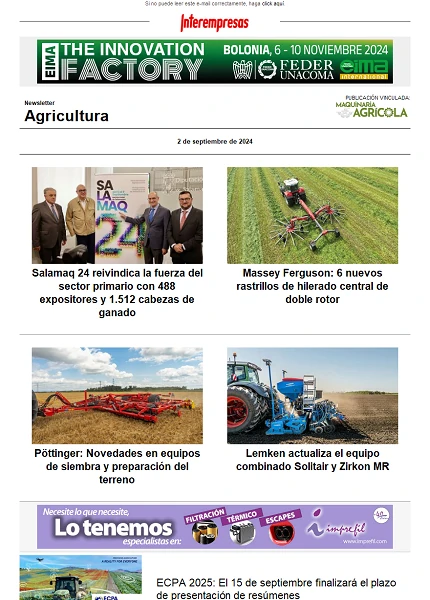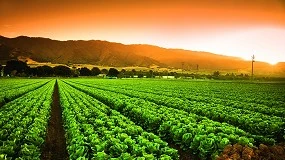Biofuels based on agricultural products compete with the crop for consumption
September 10, 2010
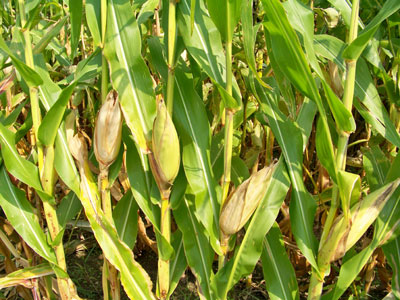
But beyond the nature 'green' attributed to biofuels, other reasons have influenced also its increasing global production for a few years. For example, that oil prices have reached record levels, as well as the prohibition of the use of the ether methyl Tert-Butílico (MTBE, for its acronym in English) as an additive in gasoline at United States and the greater relevance of policies related to energy security and climate change. Currently, used agricultural raw food such as corn, soy and sugarcane in the generation of these biofuels, which leads to greater demand for these crops to produce this renewable energy source. Still, there are not be forgotten that these raw materials are also grown for human consumption and livestock. Direct competition caused by social unrest on the impact of biofuels on food prices.
In order to shed light on these issues, a group of researchers from the Centre of research in economy and development agri-food (Creda) carried out a project with the title ' transmission of prices between the energy markets and food: the effect of biofuels '. Using econometric models, the scientists of this private foundation created by the Universitat Politècnica de Catalunya (UPC) and the Institut de Recerca i Tecnologia Agroalimentàries (Irta) try to quantify the relationship between the price of crude oil, biofuels and the food both United States and Brazil (the main world producers of biofuels), but also in Spain. In addition, this project aims to study the social preferences for biofuels and determine their socio-economic implications.
The variation in the prices of corn, ethanol, crude oil and gasoline is common patterns
During the first year of implementation of the project, work has focused on the market of United States ethanol, the largest producer worldwide of this type of alcohol's high octane made from corn. Although ethanol represents currently the most widely produced worldwide liquid biofuel, there is virtually no empirical studies that quantified the relationship between ethanol and corn prices.
The study, conducted by the creed, has revealed that the variation in the prices of corn, ethanol, crude oil and gasoline, over the past two decades, has followed common patterns. In fact, the first phase of study has shown that an increase in the prices of the energy generated an increase in the prices of maize. This suggests that although the expansion of the industry of ethanol in the United States has positive impacts on rural communities, it can also cause a lack of control of inflation in the price of food. In this sense, the second generation of biofuels such as algae, forest and agricultural waste or other waste, involving less competition with food production, represent an alternative, economically attractive, to fossil fuels.

The second-generation biofuels based on algae, forest and agricultural waste among others, are an alternative to be considered to prevent the abuse of agricultural commodity prices. Photo: Benjamin Earwicker.
Also, the Creda researchers have also found that an increase in the price of ethanol could cause a rising prices of gasoline. In this way, oil refining move inflation caused in a relatively small energy market, that of ethanol, gasoline market. In the opposite situation, the rise in the price of gasoline causes reductions in the market price of ethanol, by experts highlighting the economic potential of this fuel to a greater or lesser production would help control inflation in the market of liquid fuels.
The second phase of the study expected to analyse the situation of the production of ethanol in the Brazilian market, following a methodology that allows to analyze both the relationship of prices and their volatility. In order to obtain a broader view of the social implications of biofuels, currently a choice experiment is designed to analyze, at a later stage, social preferences for biofuels.
Ultimately, work represents an important contribution to current debates about the impacts of biofuels on food prices. The conclusions obtained by the creed are very relevant for the design of new policies for both economic operators related to the ethanol market.
Apart from the finite or renewable nature, the substantial difference between fossil fuel and biofuel is the role that each plays in the balance of the planet. If on the one hand, using oil derivatives is synonymous with overproduction of carbon in the atmosphere (that every minute raises the thermostat of the Earth), on the other hand, biomass can be used as a source of energy is able to capture it and convert it to oxygencontributing to the safeguarding of the environment.


